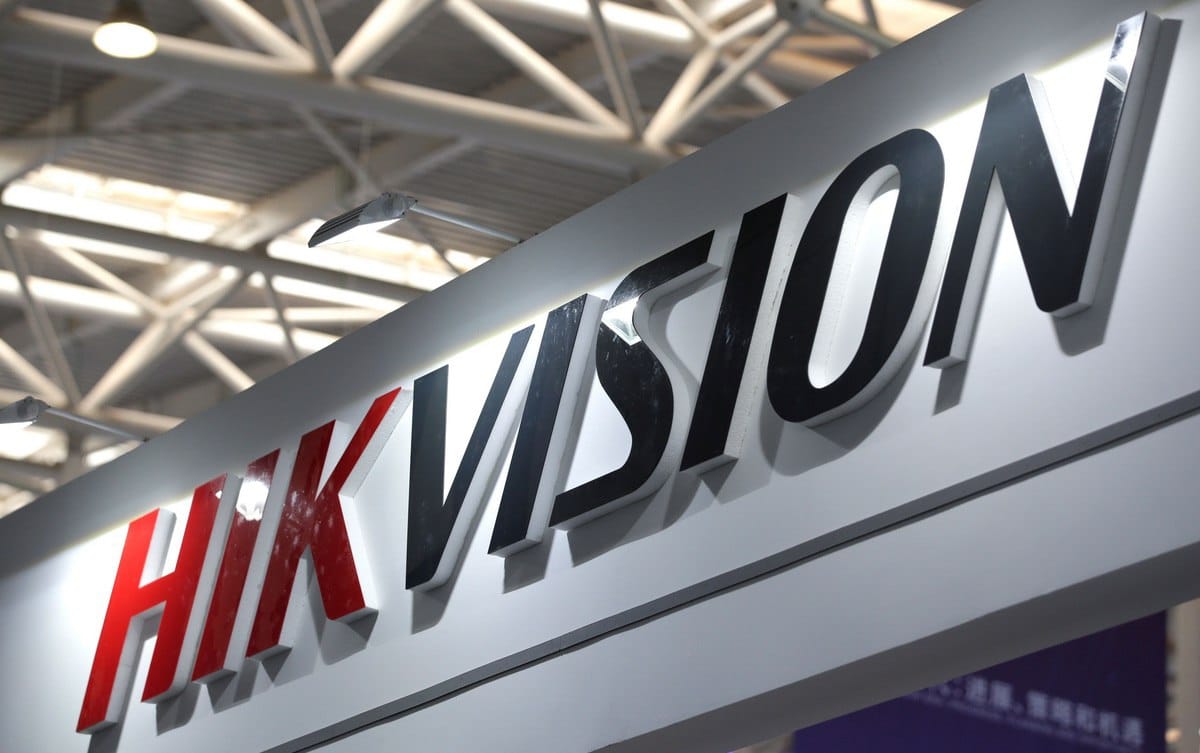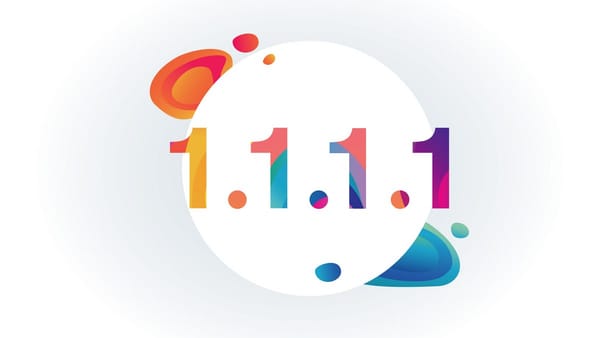Canada Orders Hikvision Subsidiary to Cease Operations Over National Security Concerns

The Canadian government has ordered Hikvision Canada Inc., the local arm of Chinese surveillance giant Hikvision, to cease all operations in the country. The decision follows a national security review under the Investment Canada Act (ICA), which concluded that the company’s continued presence "could harm national security."
Key Takeaways from the Ban
Reason for Action
The review, conducted under the ICA, determined that Hikvision’s operations pose a potential threat to Canada’s national security. No specific details were disclosed, but the move reflects growing concerns about foreign influence and digital espionage.
Official Announcement
The ban was formally announced by Mélanie Joly, Canada’s Minister of Innovation, Science, and Industry.
Scope and Enforcement
- Hikvision Canada Inc. must wind down all business operations.
- Federal agencies and crown corporations are prohibited from purchasing or using Hikvision equipment.
- Imports of Hikvision products from outside Canada are not restricted.
Hikvision’s Role in Canada
Established in 2014, Hikvision Canada provided AIoT (Artificial Intelligence of Things) security solutions to both private and public-sector clients. Its offerings included:
- IP surveillance cameras
- Facial recognition technology
- Smart home devices
- Industrial automation systems
Hikvision has long marketed itself as a global leader in intelligent security products, though its reputation has been marred by increasing international scrutiny.
International Scrutiny and Allegations
Canada’s decision is not isolated. Hikvision has faced similar restrictions in the United States and other countries, primarily over allegations of links to the Chinese government and fears that its equipment could be used for espionage or unauthorized data collection.
While no public evidence has confirmed these claims, the concerns are rooted in broader geopolitical tensions and a growing distrust of Chinese tech infrastructure in Western nations.
Hikvision’s Response: "Politically Motivated"
In a strongly worded statement, the company rejected Canada’s decision as lacking merit:
"We categorically disagree with this outcome, which lacks factual basis, procedural fairness, and transparency. Rather than evaluating our technology’s cybersecurity merits, this decision appears driven by our Chinese origins—reflecting geopolitical bias."
Hikvision also claimed that it fully cooperated with Canadian authorities throughout the review process and has not been presented with any evidence of security risks related to its products or operations.
Why This Decision Matters
This move aligns with a wider Western effort to curtail the influence of Chinese technology firms, particularly those involved in surveillance, telecommunications, and critical infrastructure.
Supporters of the ban cite a precautionary approach to national security in an increasingly digital world. Critics argue the process lacks transparency, warning of potential diplomatic and trade repercussions.
Either way, the message is clear: Canada, like many of its allies, is drawing firmer lines when it comes to foreign technology and national security.
What Happens Next?
Hikvision Canada is now required to comply with the shutdown order, although its parent company’s global operations remain unaffected. For now, the company can continue to sell and distribute products outside Canada—including through non-subsidiary channels.
As the global conversation around cybersecurity, data sovereignty, and foreign influence continues to evolve, decisions like this may signal a shift toward stricter national tech policies—not just in Canada, but across many democratic nations.




